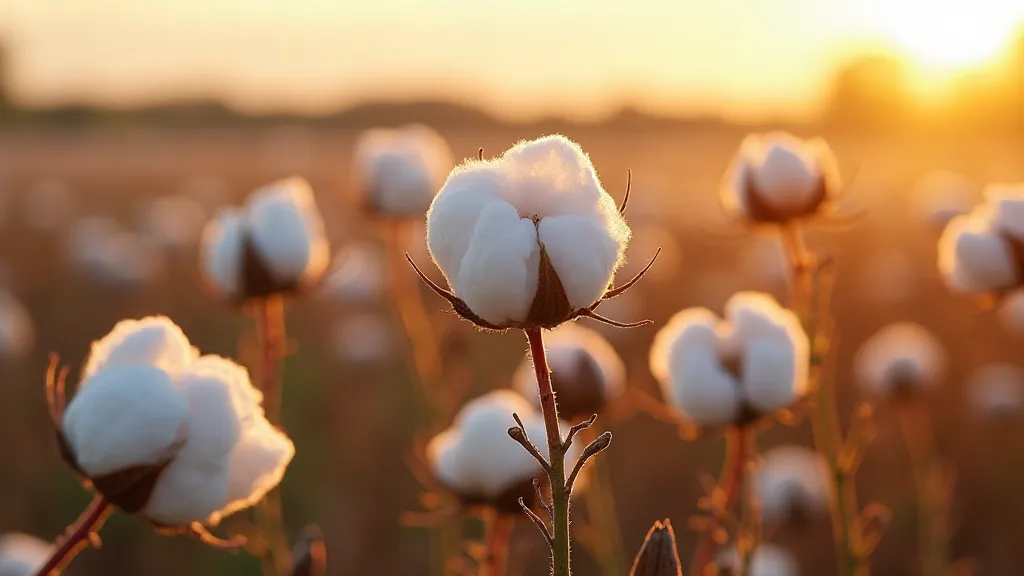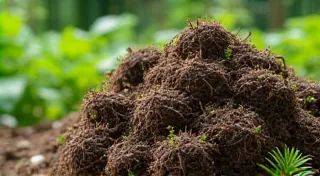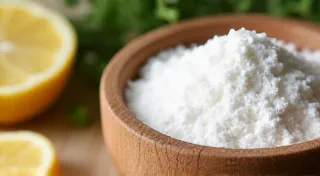The Benefits of Organic Cotton: Why It's a Sustainable Choice
For those embracing a sustainable living lifestyle and seeking eco-friendly products, understanding the impact of our clothing choices is crucial. Conventional cotton, while widely used, comes with a heavy environmental and social cost. Organic cotton, on the other hand, offers a significantly more sustainable alternative. Let’s explore why.
The Problem with Conventional Cotton
Conventional cotton farming relies heavily on pesticides, herbicides, and synthetic fertilizers. These chemicals contaminate soil and water sources, impacting biodiversity and human health. The production process is also incredibly water-intensive, contributing to water scarcity in many cotton-growing regions. Furthermore, the use of genetically modified (GM) seeds is a concern for many seeking a more natural and ethical product. The labor practices in conventional cotton farms can also be problematic, often involving unfair wages and unsafe working conditions.
What Makes Organic Cotton Sustainable?
Organic cotton is grown using farming methods that prioritize environmental protection and social responsibility. Here's a breakdown of the key benefits:
- No Harmful Chemicals: Organic cotton farming prohibits the use of synthetic pesticides, herbicides, and fertilizers. This protects soil health, water quality, and the well-being of farmers and surrounding communities.
- Water Conservation: Organic cotton farmers employ techniques like rainwater harvesting and efficient irrigation systems to minimize water usage. While cotton cultivation generally uses a lot of water, organic practices strive to be more responsible.
- Soil Health: Organic farming practices, such as crop rotation and the use of compost, enhance soil fertility and structure, making it more resilient and productive.
- Biodiversity: By eliminating synthetic chemicals, organic cotton farms provide a safer habitat for beneficial insects, birds, and other wildlife, promoting biodiversity.
- Ethical Labor Practices: Organic cotton certification often includes standards for fair labor practices, ensuring that farmers and workers are treated with respect and receive fair wages.

Beyond the Environment: The Social Impact
The benefits of organic cotton extend beyond environmental protection. Supporting organic cotton farmers contributes to a more equitable and sustainable agricultural system. It empowers farmers, provides them with a stable income, and protects their health. It’s a vote for a more just and ethical global textile industry.
Choosing Organic Cotton Products
Making the switch to organic cotton is a simple yet impactful way to reduce your environmental footprint. Look for products labeled as "100% organic cotton" or certified by reputable organizations like GOTS (Global Organic Textile Standard). Common organic cotton products include:
- Clothing (t-shirts, jeans, dresses)
- Bedding (sheets, blankets, pillows)
- Towels
- Baby clothes

The Future of Sustainable Textiles
While organic cotton represents a significant improvement over conventional cotton, it's important to remember that textile production as a whole has a large impact. Further innovations in sustainable textile production, such as the use of recycled materials, hemp, and innovative bio-based fibers, are paving the way for a truly circular and eco-friendly fashion industry. By supporting organic cotton and embracing other sustainable alternatives, we can contribute to a healthier planet and a more ethical fashion system.






